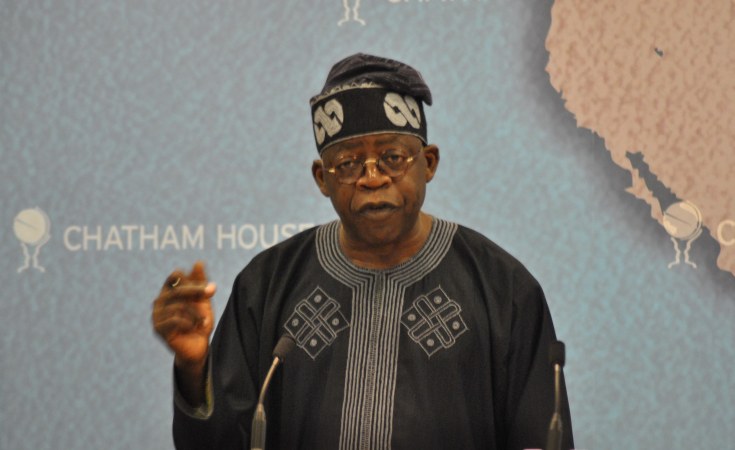Nigerians have quite a number of expectations from the new President. Top on the priority list of many Nigerians is security. The security and welfare of the people shall be the primary purpose of government, according to section 14(2)b of the Nigerian Constitution.
President Muhammadu Buhari in 2015 campaigned on three cardinal points, security; anti-corruption, and economic recovery. Eight years down the line, many Nigerians believe these issues have not been adequately addressed, while others believe the situation worsened.
The new president would have to be decisive, proactive and deliberate in tackling insecurity to instill confidence of Nigerians in his government.
Not a few Nigerians have also complained about the nepotism in the appointment of security service chiefs. It is expected that there will be a paradigm shift when the new president takes office and this may drive an initial optimism on Nigeria's security challenges. The incoming president had during his campaigns vowed to end the reign of terror, kidnappings, and other violent crimes by recruiting more personnel that would be trained and retrained, in addition to providing more security tools and gadgets for an effective fight against criminal elements. Nigerians want to see him walk the talk.
One of the fundamental issues which dominated the polity in the buildup to the elections was whether or not the fuel subsidy regime would be sustained. While some argued that a complete deregulation of the petroleum downstream sector would throw poor Nigerians into further hardship, others opined that the subsidy regime had been over the years tainted with corruption and therefore not sustainable.
While the incoming president took a clear position on this during the campaigns, Nigerians would still expect a rethink on the full deregulation policy and the country is not strong enough in terms of its economy and purchasing power, to face a fully deregulated market.
The rejuvenation of the economy will also be a key issue for the next president. Other issues are creation of jobs, arrest of the brain drain crisis, addressing the huge debt crisis and stopping the oil theft.
Since 2015 when President Muhammadu Buhari assumed, the naira has depreciated helplessly and at a point recorded its lowest value in history. This is not unconnected to low investor confidence in the polity and by extension the economy.
This has affected international transactions as major companies, particularly airline operators have their funds trapped in Nigerian banks. Some international business owners now safely prefer to charge in United States dollars as against the naira because of the huge gap between the rate of currency at the official as against the black market rate.
The situation is so worse that Naira debit cards are no longer accepted for international transactions. This means Nigeria and Nigerians are in a class of their own as the value of naira cannot be properly situated among currencies. This is a major challenge and has to be tackled head-on by instilling inspector confidence in potential foreign investors, increase domestic production and processing of items exportation etc.
Tinubu had over the years advocated for reviving local manufacturing companies and industries, which would in turn provide jobs for eligible Nigerians.
"We must revive manufacturing and industrial growth so as to create jobs as well as produce the goods and services that improve the daily lives of the average person.
"We seek a minimum of 6 percent growth annually through reform of our industrial policy, infrastructural enhancement, power sector innovation, and significant budgetary reform."
Nigerians would like to see him perform the magic while the contrary secures investor confidence and attracts enough foreign direct investments.


